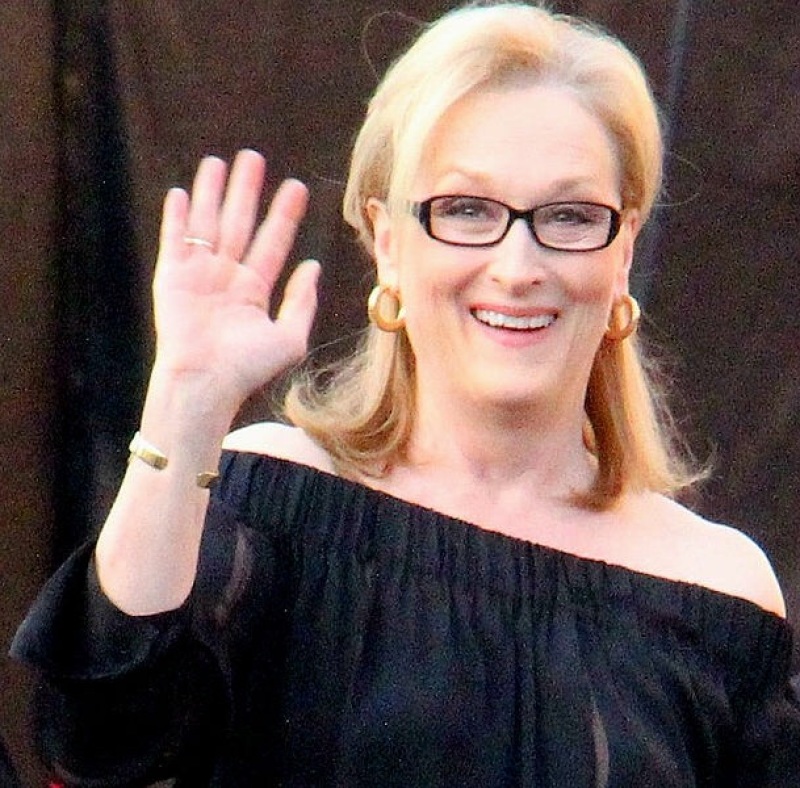
Hollywood star Meryl Streep does not like to be referred to as a "feminist," since she'd rather be called a "humanist." The actress said that it's all about maintaining a "nice, easy balance," and this is exactly what her new film "Suffragette" is all about.
"There is a phrase in the film - 'Deeds not words' - and that is where I stand on that. I let the actions of my life stand for what I am, as a human being. Contend with that, not the words," she told The Daily Beast.
Streep then discussed the unfair balance between men and women in the world of film criticism. The actress said that men and women usually have different tastes in movies, but it is mostly men who weigh in their thoughts.
"In the United States when people go to find a movie to watch at night, to go out to the movies they go to something called Rotten Tomatoes. So I went deep, deep, deep, deep into Rotten Tomatoes," she said, adding that a lot of film goers are heavily influenced by the reviews and rankings indicated on the website.
"There are 168 women. And I thought that's absolutely fantastic, and if there were 168 men it would be balanced," she continued. "If there were 268 men it would be unfair but I would be used to it, if there were 360, if there were 4... actually there are 760 men who weigh in on the Tomatometer."
This really disheartened Streep, who was concerned that her female-centric movie "Suffragette" might not fare as well in Rotten Tomatoes.
So far, it has received a 75 percent rating.
"I submit to you that men and women are not the same, they like different things. Sometimes they like the same thing but sometimes their tastes diverge. If the Tomatometer is slighted so completely to one set of tastes that drives box office in the United States, absolutely," she said.
In the film, Streep plays Emmeline Pankhurst, the outspoken leader of the women's rights movement in Britain. She only played a small role in the film, but it was instrumental in inspiring other people to commit acts of civil disobedience. Things got out of hand so much so that there were even bombings in London and at the home of David Lloyd George, who would later become their prime minister.
Streep explained that violence was completely necessary during that time. "I incite this meeting and all the women in Britain to rebellion," she said. "I'd rather be a rebel than a slave."

















